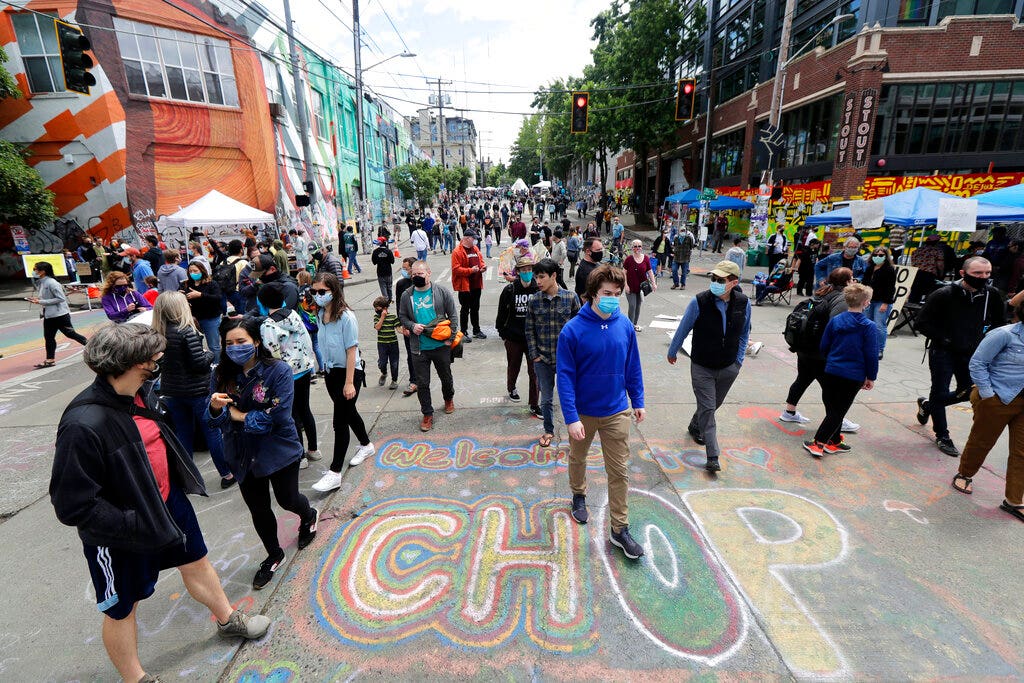Yeah I'm just wondering how policing and education would look under a distributism type of government.
It sounds like you would reform these sections of society as well.
I'm all for decentralisation of the police. I'm not against a strong state with a strong defense that protects its citizens from outside threats either. But police used to be a more local institution with the friendly neighbourhood cop who practically knew every resident by name. I'm not in favour of a militarized police force at all - militarization is for the military - but it requires a high-trust society to go back to that way of community politics and you can't have it with open-border policies facilitating the continuous change of these communities' makeup.
Same goes for education. You could argue for a partly federal education curriculum, for instance when it comes to the fundamentals, eg. math and writing. Perhaps some national history and philosophy. The rest of education material taught in schools could then be decided on a more local level. I'm not saying this is the way, I'm just brainstorming.
But decentralization is the crux of the solution, according to me. But can't go around the fact that in order to reverse this globalist, centralizing trend, nationalism is the first step in that direction, nationalism in the sense that political and economic autonomy are returned from transnational or supranational institutions to national democracies. However, it doesn't mean nationalism is therefore the final step.

